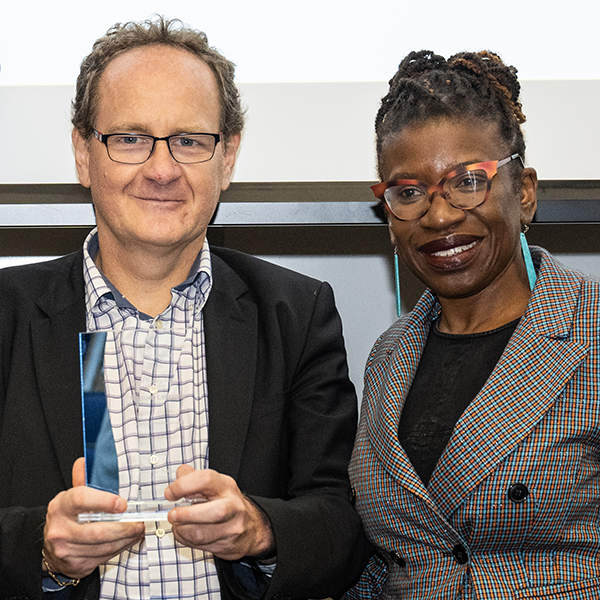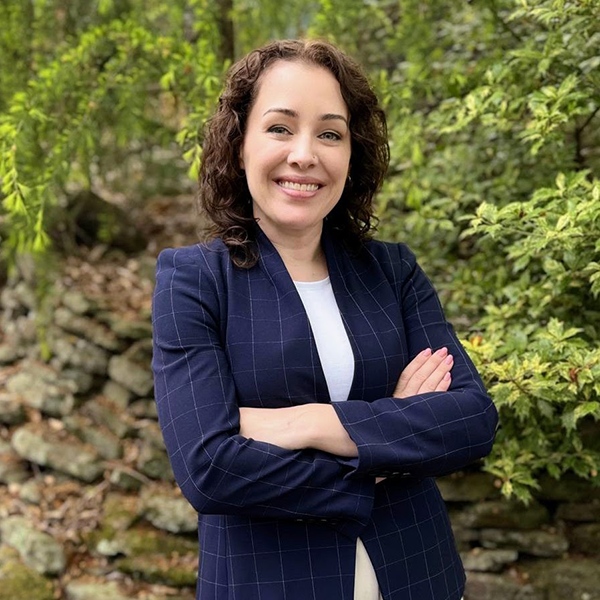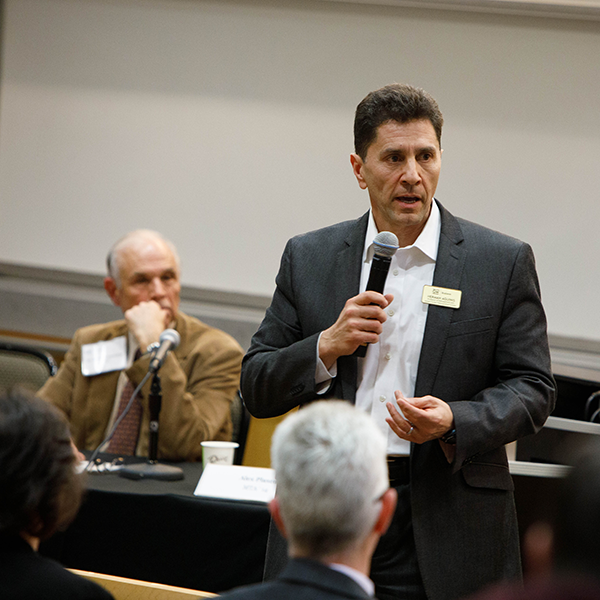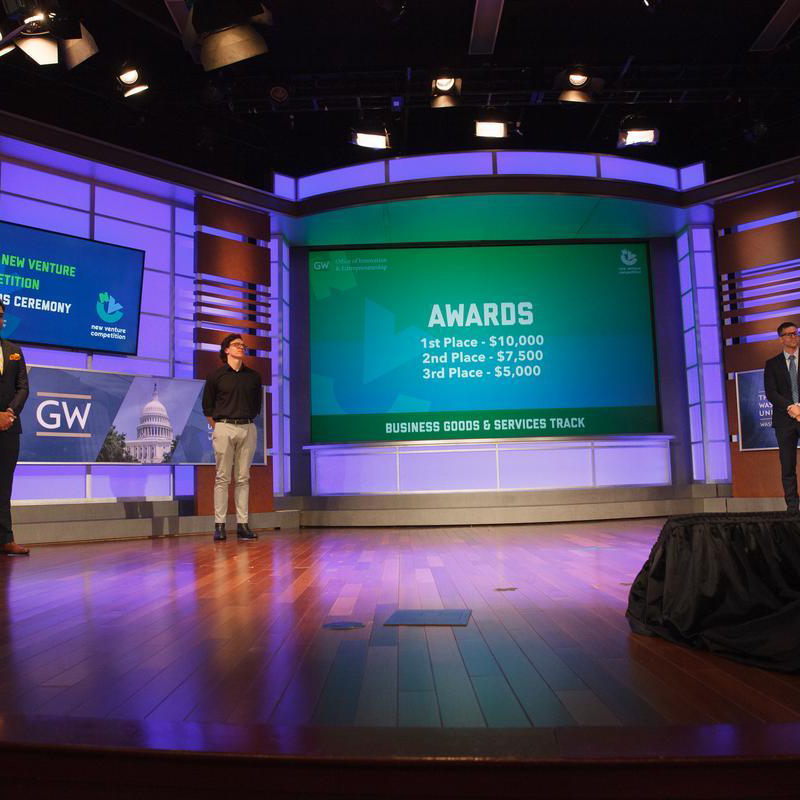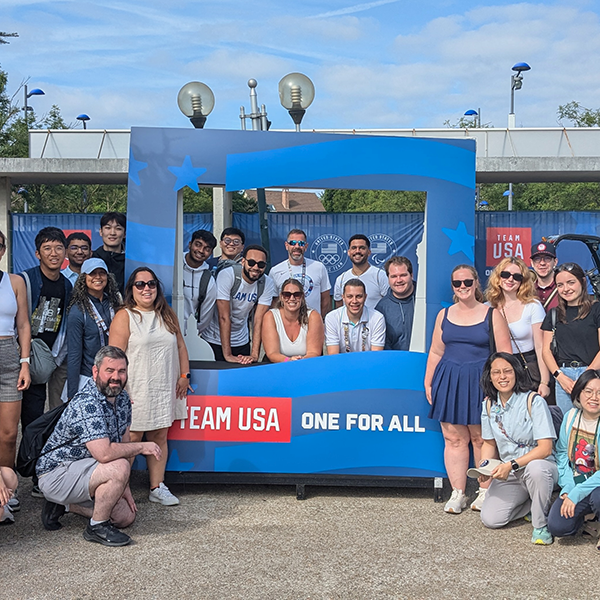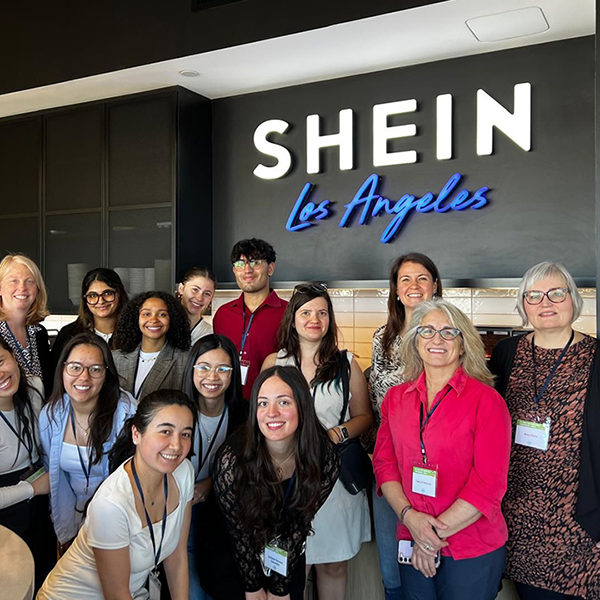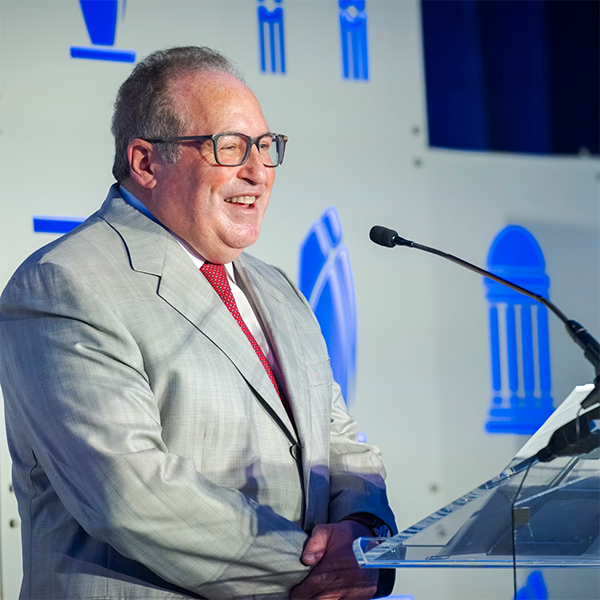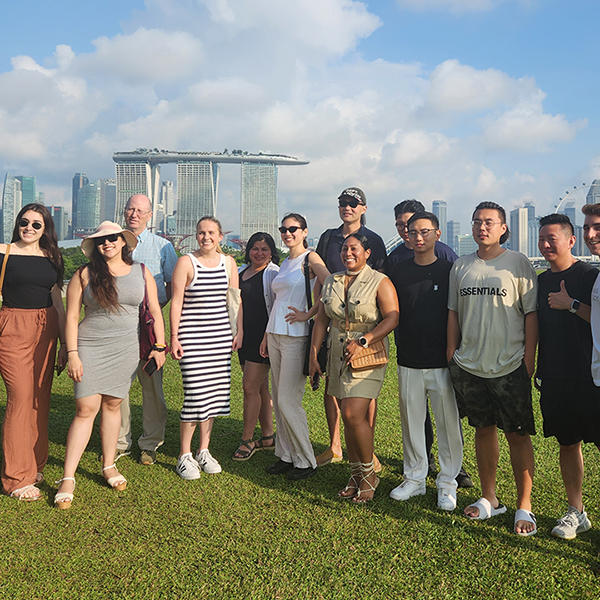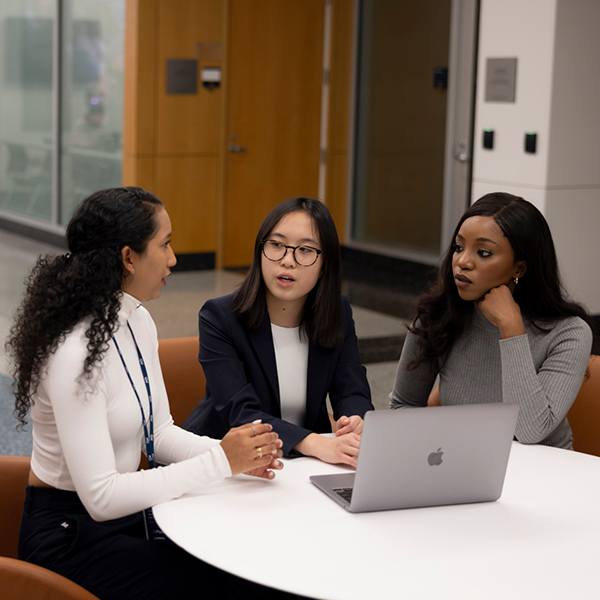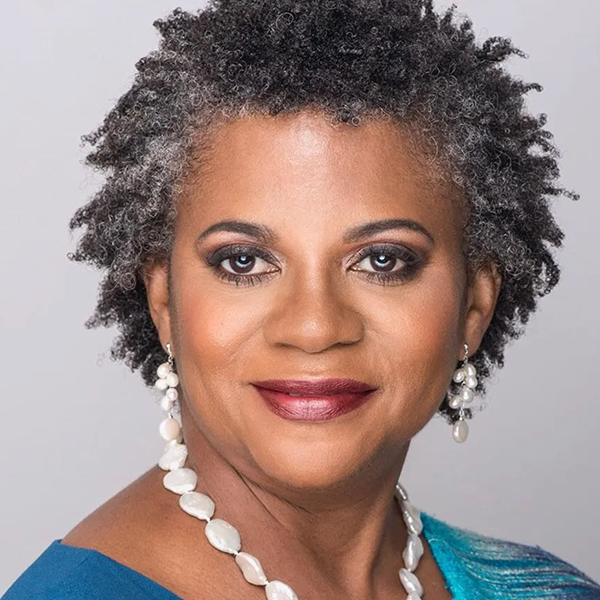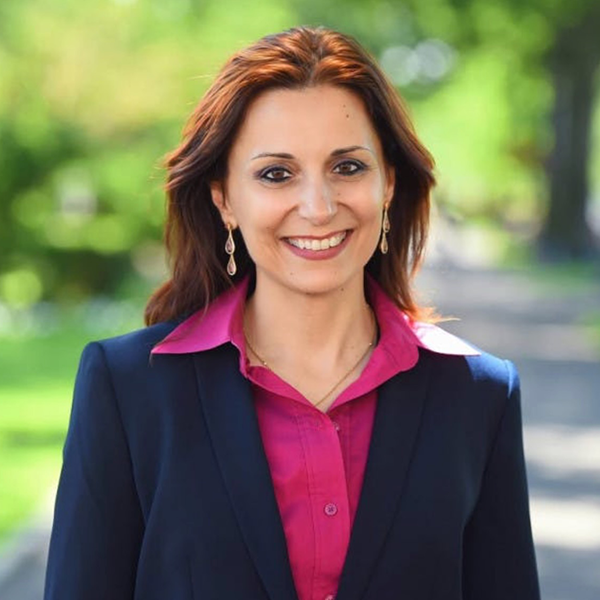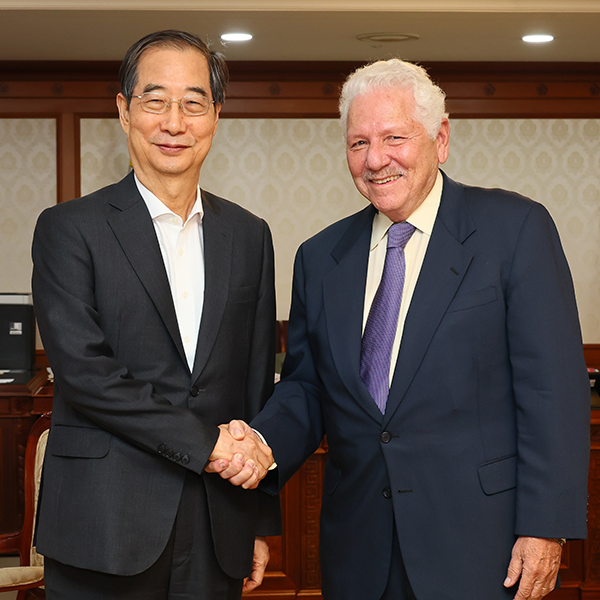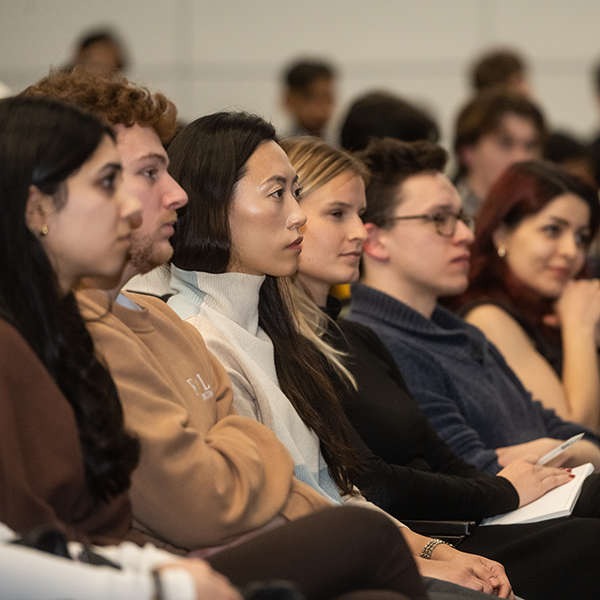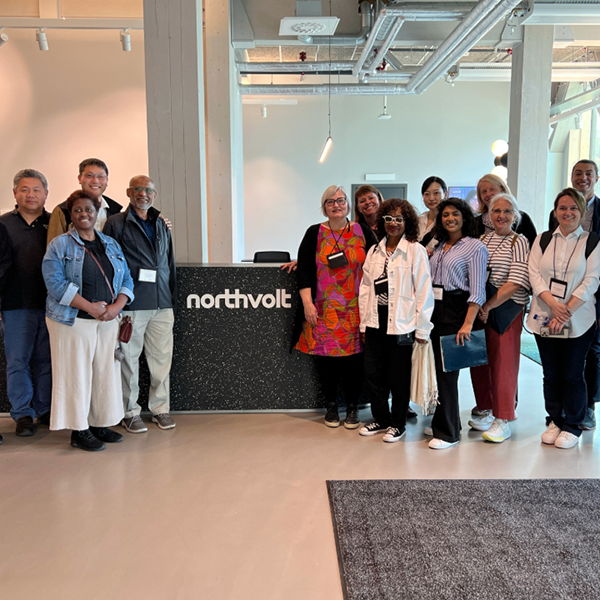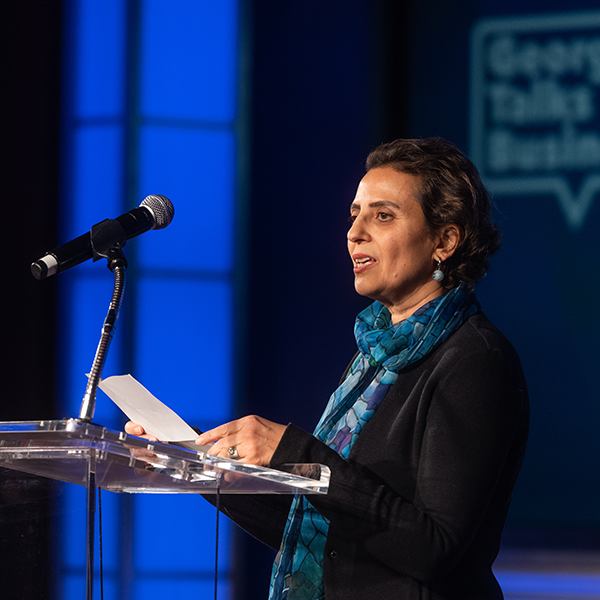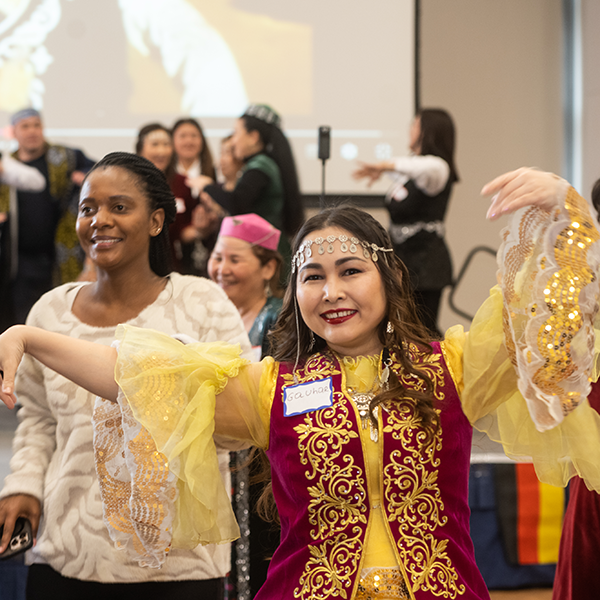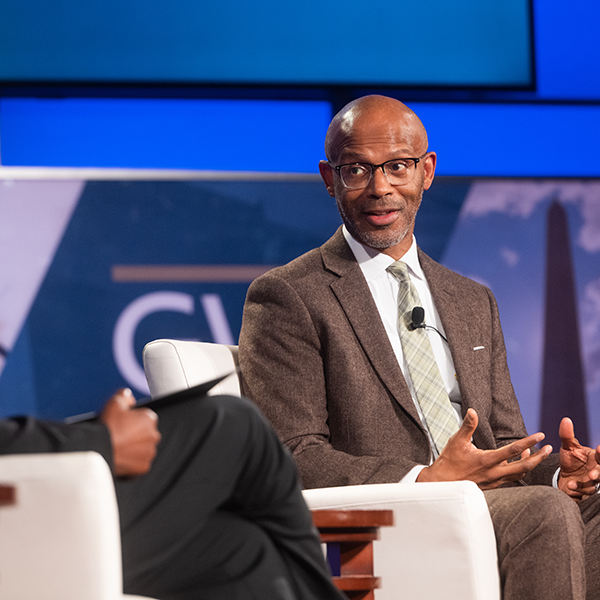2024-2025 Annual Report - Version Two

2024-2025 Year In Review
3.2k
Students
Enrolled
17
Degree
Programs
115
Full-Time
Faculty
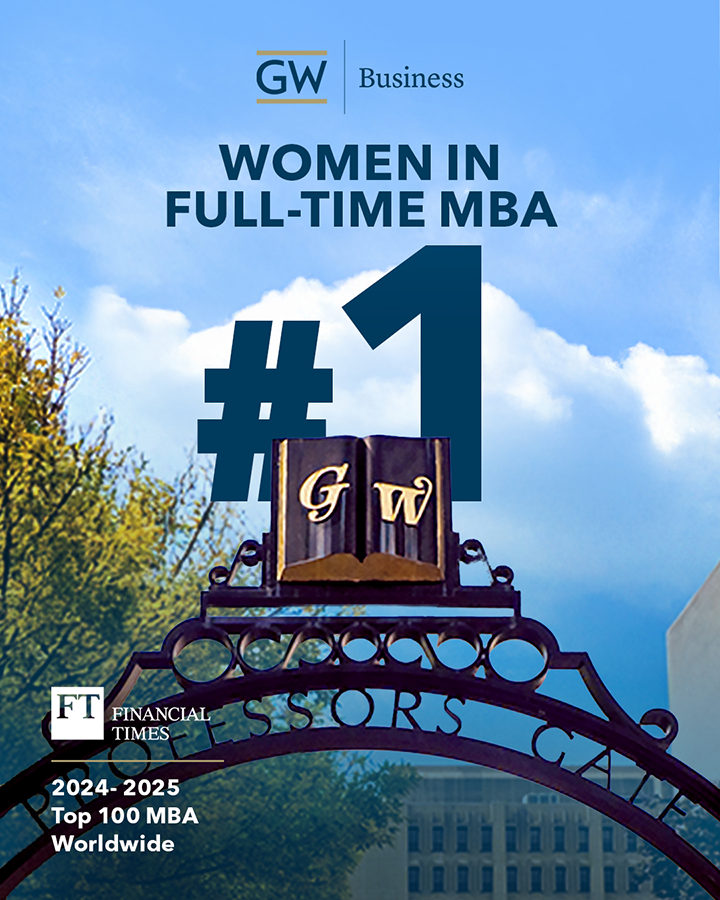
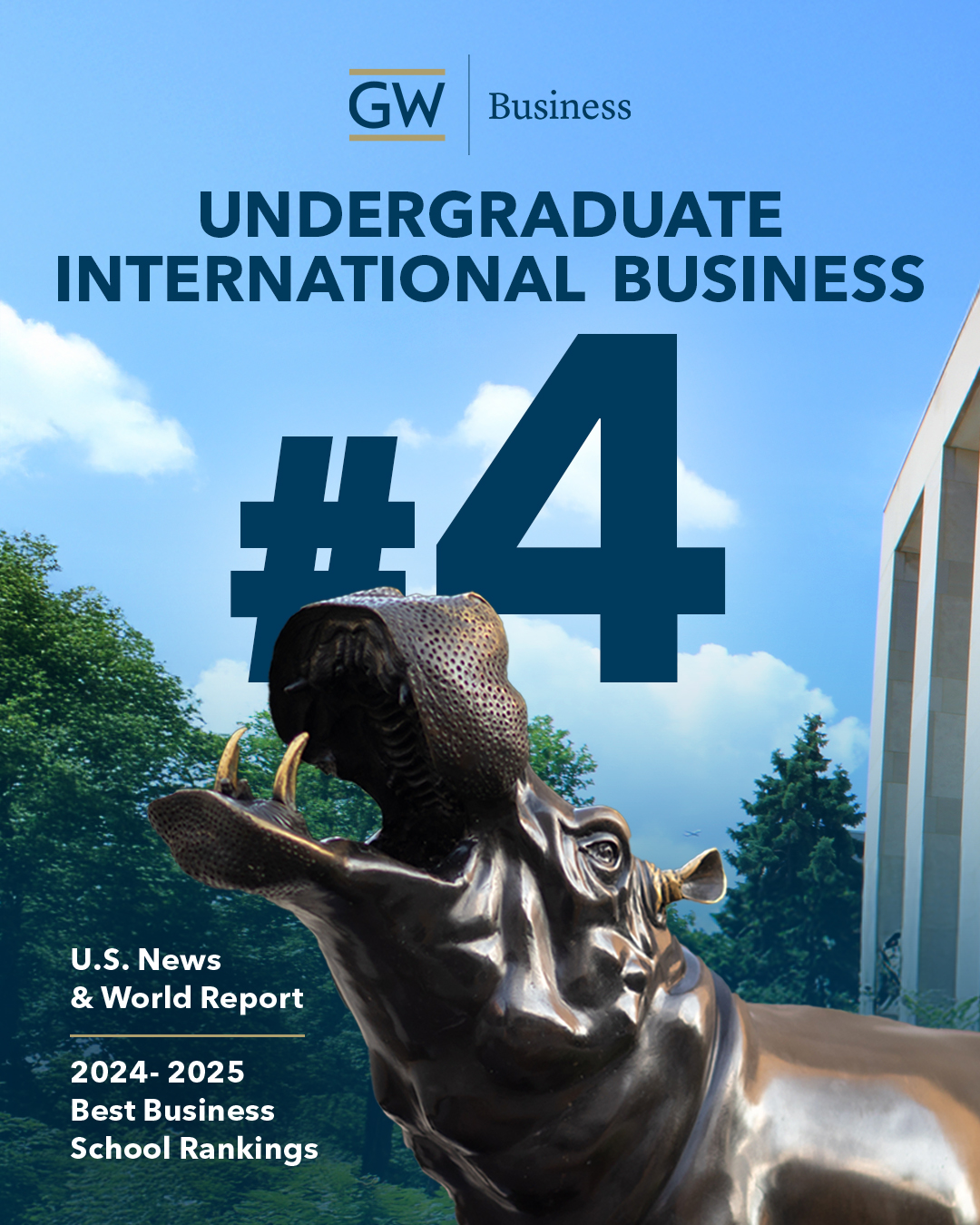
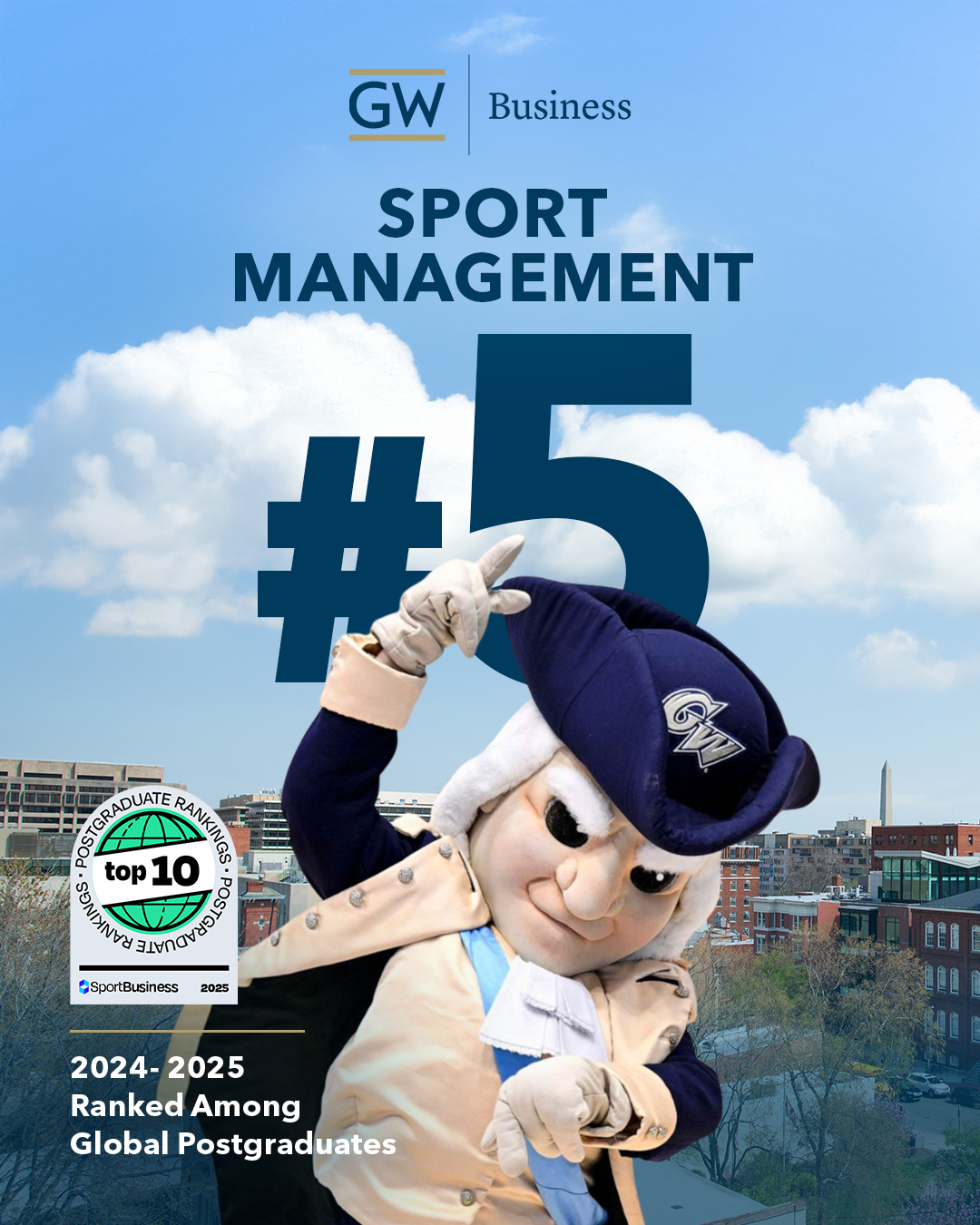
Experienced Administrator, Economics Scholar Named GW Business Dean
“I am delighted and honored to join GW leadership as the dean of the School of Business,” Yeltekin said. “This is both a time of upward momentum for this world-class academic institution, and a time of rapid change in the policy, business and higher education landscapes. The School of Business is uniquely positioned, with its deep relationships with many institutions across the nation’s capital, to make a positive impact as a convener and nurturer of global talent, ideas and business leadership. I am very excited to begin my journey at GWSB and work with leadership, alumni, faculty, staff and students to help GW achieve its aspirations as a preeminent academic powerhouse.”
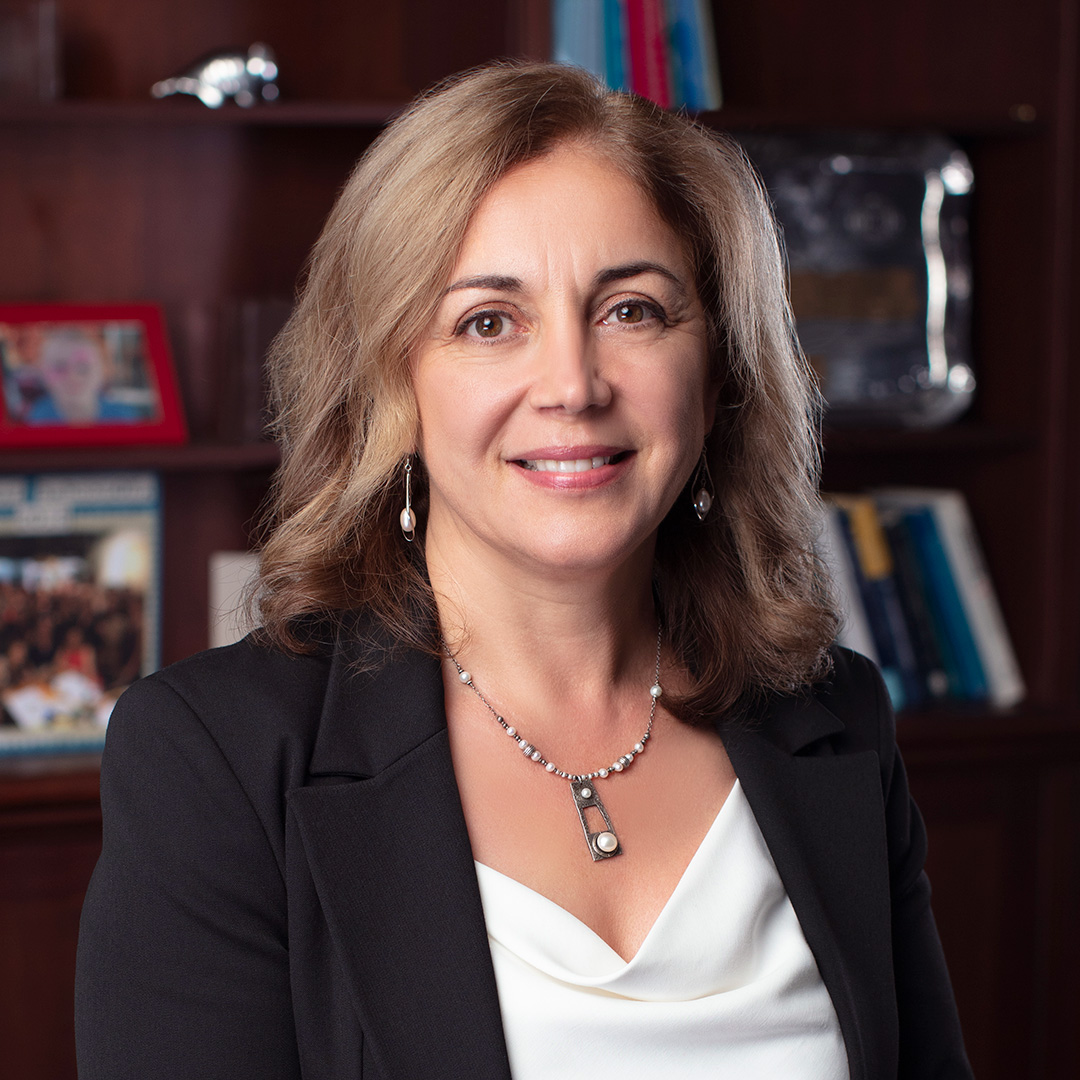

In the Spotlight
During the 2024-2025 academic year, the GW School of Business and its faculty were featured an impressive 593 times by media outlets, which collectively had a reach of 4.03 billion.
Publications and Awards
Discover what our expert faculty have been up to in research, and view their achievements.

Student Experience

“If you are looking for a global experience, if you are looking for better and closer relationships with your professors, if you are looking to expand your career, GW School of Business is for you.”
- Rudaina Mitman (Global MBA & MS in Information Systems Technology ‘25)
Notable Achievements
See how GW shapes students into experts in their crafts

Community
Serving the Community
GW Business is proud to see its community serve others in Washington DC and the world.
Alumni Achievements
Explore the revolutionary impact of GW Business alumni.

Careers
The F. David Fowler Career Center
GW Business provides opportunities for students to build professional skills for their careers.

Featured Article
Career Center Creates Employment Database, Revamps Student Resources
How is the F. David Fowler Career Center geared for future student and alumni success? Cassin Dyson reflects on his mission to build a strong data foundation in the career center to benefit current students, alumni, and employers. With a strong location in the heart of Washington D.C., Dyson views the Fowler Center as a powerful resource where students engage directly with employers through professional mentorship programs and intimate site visits to valued firms.
-Cassin Dyson, Blaser Family Endowed Executive Director of the F.David Fowler Career Center

Department Highlights
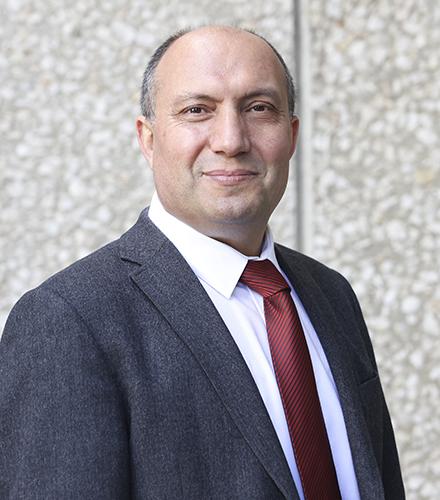
Featured Publication
The Role of Gender in Shaping the Destination Service Quality and Its Consequences
What makes tourists return to locations time after time? Cevat Tosun, the Eisenhower Chair and professor of tourism studies and management, found that it depends on whether you ask a woman or a man. Research by Tosun, who directs the Master of Science in Tourism, Hospitality and Event Management program, found female travelers more interested in the “hospitality” they received, while male travelers focused on local transport and accommodations.
- Cevat Touson, Eisenhower Chair and Professor of Tourism Studies and Management; Program Director, MS in Tourism, Hospitality and Event Management
International Business News
See what other accomplishments the International Business Department has had this year.
More International Business News

Inclusive Excellence
News in Inclusive Excellence
Find out how GW Business upholds its commitment to being a place of belonging and inclusion.


